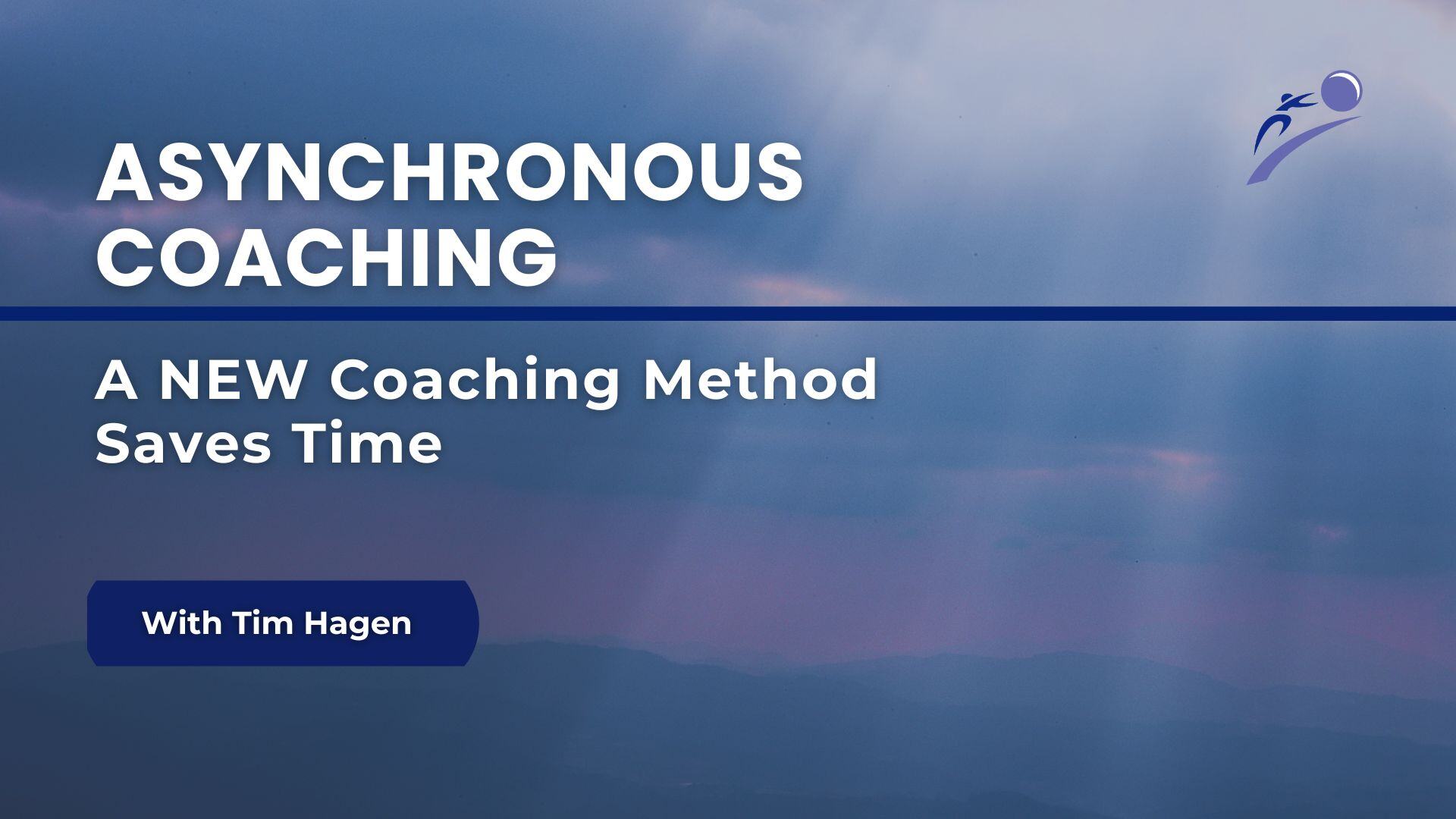REFLECTIVE COACHING

Reflective Coaching – Reflective coaching is a type of coaching that can be used to address sensitive topics or subjects, or to deliver unfavorable feedback or criticism.
Reflective coaching is used to tackle potentially problematic situations because it is designed to eradicate impulse defense tactics and evoke introspective reflection, which will in harbor understanding or acceptance.
This is accomplished by setting a response delay period for a coaching feedback session or activity review. The delayed response period dis-enables an employee to react on initial intransigent thoughts or emotion. The delayed response period forces employees to slow down, process, and evaluate the coaching content before responding.
Reflective Coaching is designed for an employee who enjoys to be challenged or for an employee who may be adversarial or evasive to receiving feedback.
This technique needs to be deployed in a methodical, sensitive manner.
Examples:
“Jones, I am going to provide you with some feedback for the presentation you gave for Client XYZ, yesterday. But, I do not want you to respond to my feedback for 72 hours.”
“Smith, I am going to show you your sale’s numbers from the past three quarters. I am going to leave the complete report and breakdown with you and I am not going to go through it with you because I would like you to take the weekend to review it on your own, come Monday I would like you to identify 3 obstacles, you feel, have kept you from selling to your full potential as well as a plan outlining what steps you will take overcome low performance including where and how I can help you achieve this."
Summation
It is not unwarranted for an individual to want to defend themselves, their actions or their decisions. However, as a coach, it is crucial that this defense mechanism does not deter the coaching session or your intent to help, develop, or engage with the employee. Let the employee have and own his or her defensive reaction absent of your presence. In due course the employee will return to an emotional baseline and become more open and accepting of his or her mistakes, shortcomings, or missteps.
For more on employee coaching, click below to download the whitepaper: "Creating A Coaching Culture"






